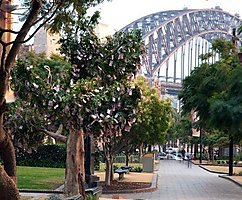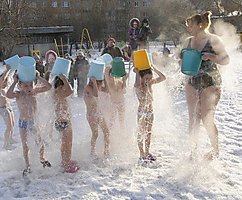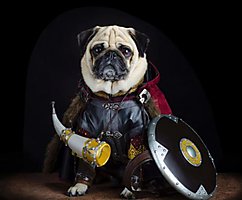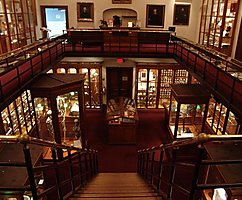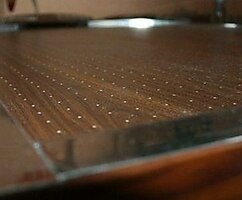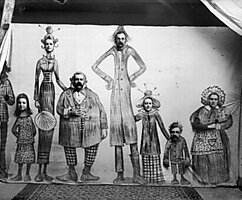The ancient Romans ate sea urchins and small rodents
 Bashny.Net
Bashny.Net
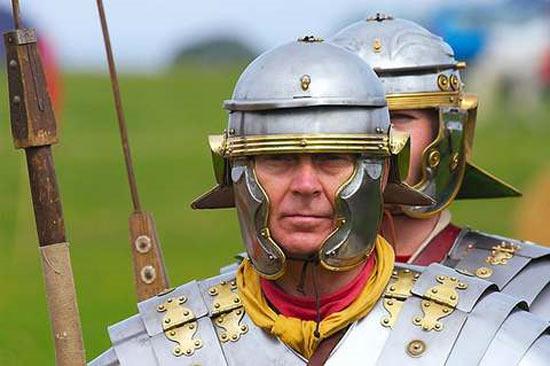
What can be more curious than to find out how the world was before us, and what will be after. But if the future can only guess that it is possible to get to the bottom of the last, and what scientists are engaged. And they do not disdain to tinker and sanitation. Let such work may not seem very glamorous, but British archaeologists reported that they were very pleased with our discovery, obtained by sifting feces inhabitants of the Roman Empire, writes The Daily Mail.
Nine tons of excrement were found in the sewers of the city of Herculaneum, which was buried under ash and solidified lava in the nearby Vesuvius. Experts say they have found the largest deposits of organic material that has ever been found. The 86-meter tunnel sewage flowed from all over the city - from toilets and kitchens of homes and shops.
Historians sift ancient feces to find out what kind of diet adhered to the ancient Romans, and what was their health. Studies have shown that the inhabitants of the Roman Empire ate mostly sea urchins, fish, dormice (small rodents), as well as rice, olives and eggs.
"Of course, screening excrement may not seem the most exciting experience, but we got a real pleasure, as many have discovered new details about the life of Rome. It is the largest and most complete collection of ancient waste ever excavated. And it's really very interesting to see. In the past, archaeologists have thrown such a discovery, because they did not have the technologies that we have today, "- said Professor Andrew Wallace-Hedrill.
"Organic waste is sifted through a series of sieves, holes which are becoming less and less. Then, the smallest particles are considered screened in the microscope. The feces are the remains of bones, seeds, and various bacteria. Thus we learn that the Romans ate - in fact it is a classic Mediterranean diet, "- said the scientist.
Source: www.utro.ru
via factroom.ru
Tags
See also
In a cave on the coast of South Africa, scientists have unearthed the oldest dinner.
Facts about the ancient Romans
Ustyurtnye expanses
Ustyurt plateau.
Ancient Romans wore socks with sandals
What qualities and skills should have a sushi chef
I want to share a story of one syroedki.
Prevention of food poisoning a child
Do this trick during the week and you will see what happens!
Mexican scientists have unraveled the true "message" of the Maya










